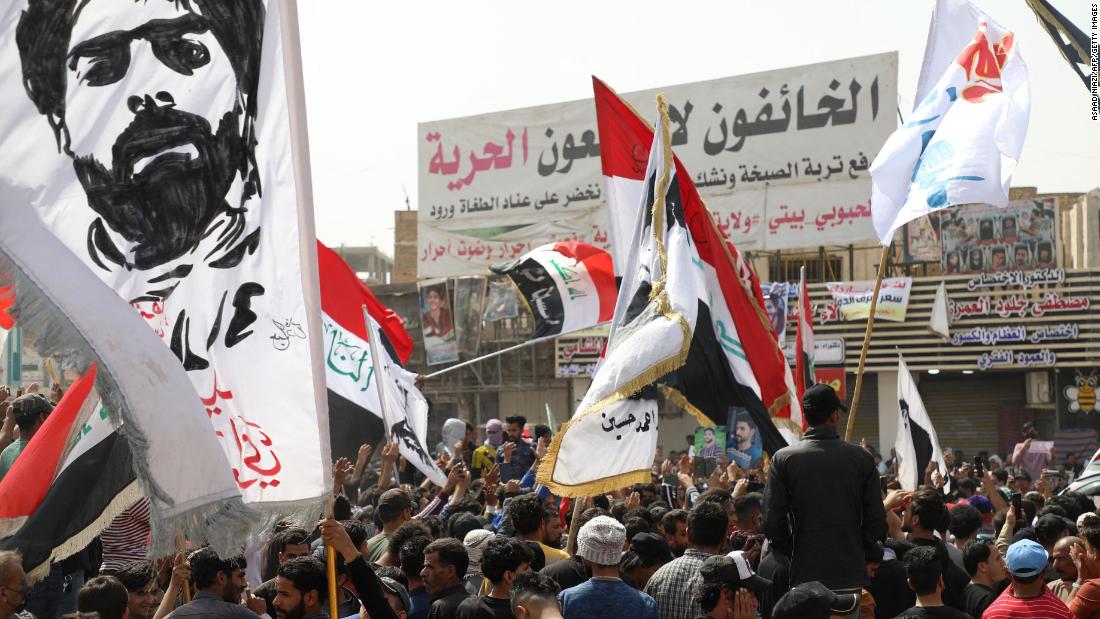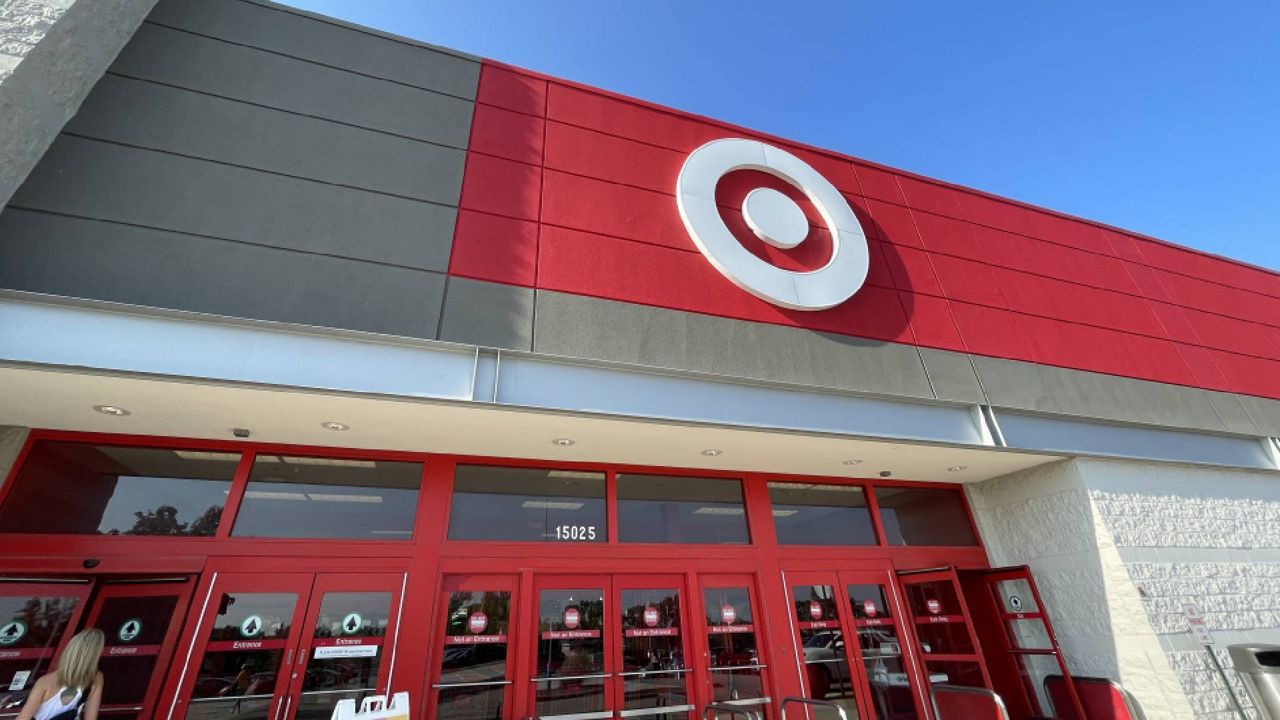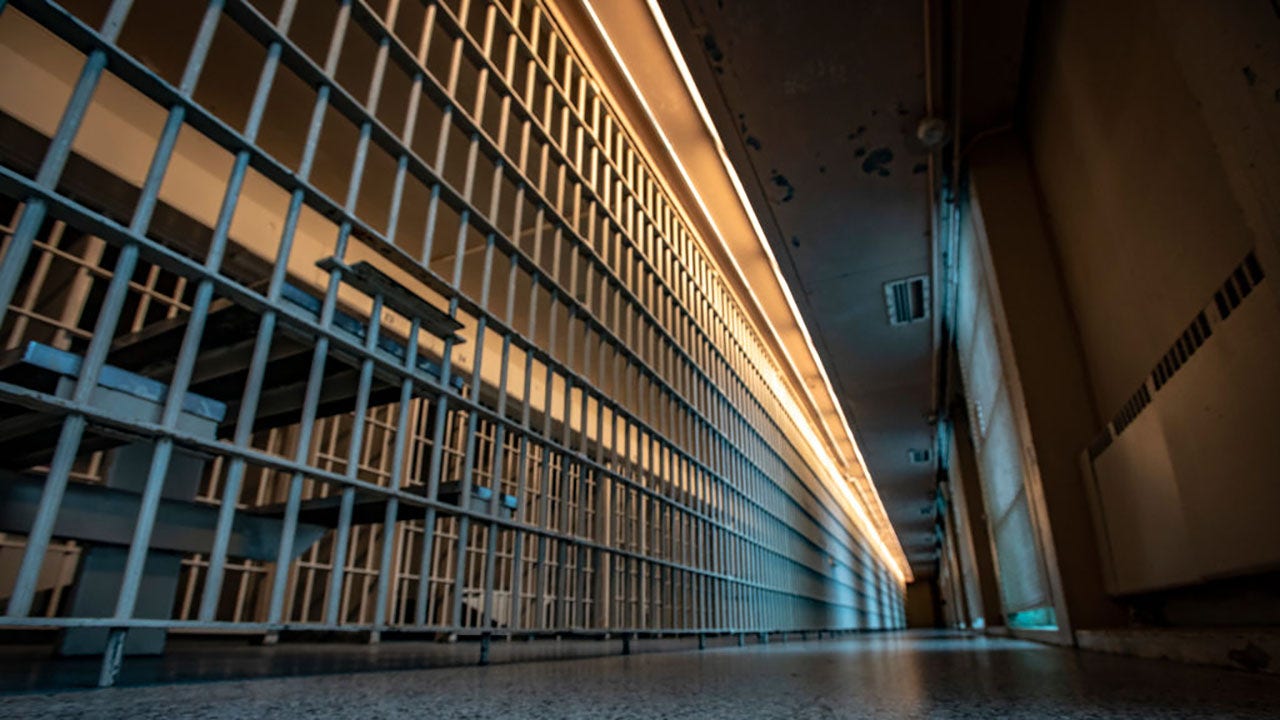Israel and Hamas have agreed a ceasefire to halt the 15-month war in Gaza and free the remaining hostages, mediators said, raising hopes of an end to a devastating conflict that has shaken the Middle East and the world beyond.
But, despite celebrations erupting across the region, the office of Israel’s Prime Minister Benjamin Netanyahu warned that some details still had to be finalised as of Wednesday night.
The multiphase agreement, due to take effect on Sunday, a day before Donald Trump returns to office as US president, was announced by Qatari Prime Minister Sheikh Mohammed bin Abdulrahman bin al-Thani. However, he noted that the parties still had to give final approval.
The agreement offers hope of a halt — and potentially an end — to a brutal war that has become the deadliest chapter in the decades-long history of the Israeli-Palestinian conflict, leaving Gaza in ruins, consuming Israeli society, and pushing the Middle East to the brink of a full-blown war.
The fighting was triggered by Hamas’s brutal October 7, 2023 attack on Israel, during which fighters from the Palestinian militant group killed 1,200 people, and took 250 hostage, in the deadliest day for Jews since the Holocaust.
Israel responded with a ferocious offensive in Gaza that has killed more than 46,000 people and fuelled a humanitarian catastrophe in the enclave.
Previous attempts to broker a deal to end the conflict and secure the release of the 98 mainly Israeli hostages still in Gaza — not all of whom are alive — had repeatedly foundered when Israel and Hamas refused to make the necessary concessions.
But the re-election of Trump — who threatened that there would be “all hell to pay” if the hostages were not released before his inauguration — injected renewed momentum into the long-stalled talks.
Trump was among the first leaders to hail the deal on Wednesday, writing on his Truth Social platform ahead of the formal announcement: “WE HAVE A DEAL FOR THE HOSTAGES IN THE MIDDLE EAST. THEY WILL BE RELEASED SHORTLY.”
He added his national security team would “continue to work closely with Israel and our Allies to make sure Gaza NEVER again becomes a terrorist safe haven”.
In comments of his own hailing the deal, US President Joe Biden described the Doha-based talks as “one of the toughest negotiations I have ever experienced”.
He added that the agreement would “halt the fighting in Gaza, surge much needed-humanitarian assistance to Palestinian civilians, and reunite the hostages with their families after more than 15 months in captivity”.
But Netanyahu’s office said shortly after Trump’s announcement that there were “still several sections left open in the proposal and we hope that the details will be finalised tonight”.
A person close to the talks said a deal had been done after the Qatari prime minister had met Hamas and Israeli negotiators separately in a final push for an agreement.
But the person added that, while Hamas had agreed to the deal, conceding on one of its final demands, Israel had since “raised a new outstanding issue”. They said: “Mediators are working to resolve it.”
An Israeli official said that the final details which Netanyahu’s office said still needed to be finalised related to the identity of those Palestinian prisoners set to be released in exchange for hostages.
Israel’s government is due to vote on the deal, which is based on a three-phase proposal first outlined by Biden last year. Far-right ministers, including national security minister Itamar Ben-Gvir, have expressed opposition, but are not expected to be able to block the deal.
The first phase will involve a 42-day truce, during which 33 Israeli hostages — including children, all female prisoners, the sick and elderly — will be freed in exchange for Palestinian prisoners held in Israeli jails and a dramatic increase in humanitarian aid deliveries into Gaza.
The two parties would begin negotiating the second phase no later than day 16 of the truce. During this period the remaining hostages, including male soldiers, are meant to be released in exchange for more Palestinian prisoners.
If fully implemented, the second phase will also lead to a permanent ceasefire and the full withdrawal of Israeli troops from Gaza.
The final phase would involve the return of all the bodies of hostages who died, and the reconstruction of Gaza, under the supervision of Egypt, Qatar and the UN.
The talks over a deal intensified in mid-December after a ceasefire between Israel and Hizbollah in Lebanon.
A senior Biden administration official said one issue impeding the completion of the talks was Hamas’s refusal to acknowledge how many hostages it was holding and which ones would come out in the first phase of a deal.
The Palestinian group agreed at the end of December to a list of some 33 hostages, accelerating the end of the talks.
Biden’s top Middle East adviser Brett McGurk was joined in the last days of the talks by Trump’s Middle East envoy Steve Witkoff. A senior Biden administration official called it “a historic and crucial partnership” to finalise the arrangements.
The talks ran into the early hours of Wednesday, with McGurk, Witkoff and Egyptian and Qatari officials upstairs with the Israeli negotiators, and Hamas downstairs, nailing down dozens of final details.
Abu Shukri, a community organiser sheltering in the Maghazi refugee camp in Gaza, said people in the neighbourhood had lined the streets and balconies in anticipation of the announcement of the ceasefire deal. As news reached them, people shouted and shot in the air in celebration.
“We just thank God,” Abu Shukri said of the news. “But we’ve given our children, we gave our parents.”
Additional reporting by Malaika Tapper in Beirut and Neri Zilber in Tel Aviv



























/cdn.vox-cdn.com/uploads/chorus_asset/file/25822586/STK169_ZUCKERBERG_MAGA_STKS491_CVIRGINIA_A.jpg)

/cdn.vox-cdn.com/uploads/chorus_asset/file/25821992/videoframe_720397.png)




